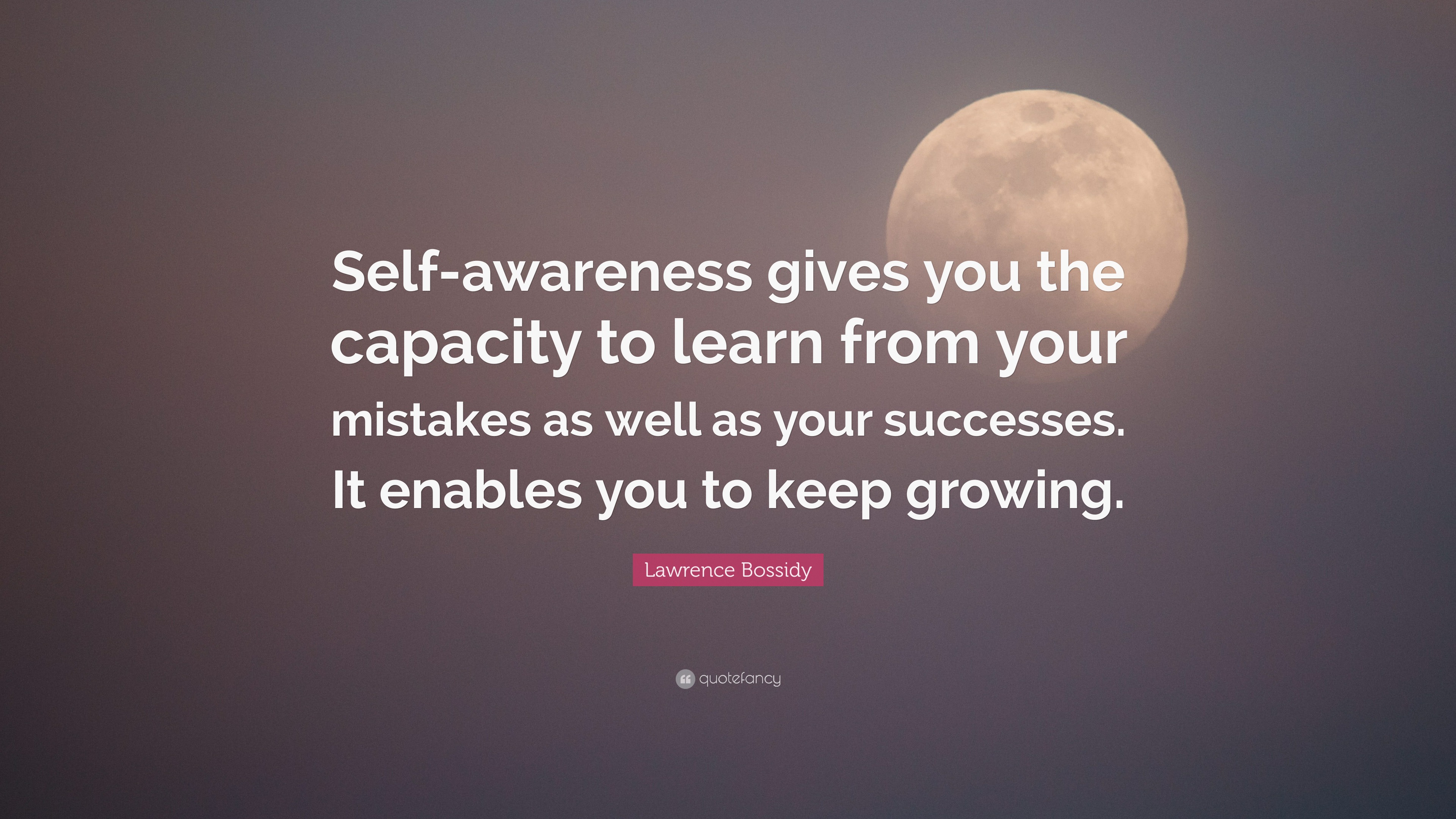Strategies to stop overthinking
“Don't
get too deep, it leads to over thinking, and over thinking leads to problems
that doesn't even exist in the first place.”
– Jayson Engay
– Jayson Engay
Overthinking can be simply defined as, “to think about
something too much or for too long”. It’s human nature to think things through
while making a decision but it becomes overthinking when you can’t get it out
of your head.
People who overthink have a tendency to beat themselves up over a small error they might have made in the past or are worried about how they will succeed in future. Over-thinkers are flooded by distressing thoughts and their inability to get out of their own heads which leave them in a state of constant agony. While everyone overthinks at some point of time once in a while, some people can seem to quit the endless bombardment of thoughts.
People who overthink have a tendency to beat themselves up over a small error they might have made in the past or are worried about how they will succeed in future. Over-thinkers are flooded by distressing thoughts and their inability to get out of their own heads which leave them in a state of constant agony. While everyone overthinks at some point of time once in a while, some people can seem to quit the endless bombardment of thoughts.
Overthinking can take many form
- Constantly thinking when making a decision and questioning the decision made
- Trying to read minds and predict the future
- Analyzing the minutest of details
People who overthink have constantly thoughts running inside their
heads, criticizing themselves for the decisions they made in past, feeling
terrified that they might have committed an error and worrying about future. Their
thinking is dominated by ‘what ifs’, ‘should’ and ‘must’. Overthinking can be
destructive and mentally draining. You may feel that you are stuck in one
place. It can significantly influence on your day-to-day life. It can affect
your health and put your overall well-being at risk.
Here are a few strategies to stop overthinking
Become aware: Before you can begin to implement strategies to stop overthinking you
need become aware when it’s happening, identify the major stressors that lead
to overthinking. Any time you find yourself feeling overwhelmed or stressed,
try to step back and reflect on how you respond to the situation. In
that moment of awareness is the seed of the change you want to make.

Challenge your
thoughts: Often
we become stuck in a negative trap and find ourselves making the same thinking
errors time and time again. Acknowledge that some of your thoughts may be negative
which are disturbing your mental peace. Learn to recognize them and find a more
balanced thought. Balanced thinking is a way of
testing your thoughts and checking that you are seeing the whole of the story
and look for new evidence.

Stop aiming for perfection: The moment you think that something needs to be perfect remind yourself that, "Waiting for perfect is never as smart as making progress". It is good to aim at doing your best but sometimes trying to make everything perfect can be unrealistic. Follow SMART model for setting and achieving your goals: https://www.mcckc.edu/counseling/goal-setting/docs/SMARTGoalWorksheet.pdf
Remember you can't predict the future: Spending time on overthinking about future consequences can do more harm by affecting your mental and physical health. None f us can predict the future, all we have is now.
“If you want to be happy, do not dwell in the past, do not worry about the future, focus on living fully in the present.” - Roy T. Bennet
Work on accepting uncertainty, use this worksheet: https://www.cci.health.wa.gov.au/~/media/CCI/Mental%20Health%20Professionals/Generalised%20Anxiety/Generalised%20Anxiety%20-%20Worksheets/Generalised%20Anxiety%20Worksheet%20-%2003%20-%20Accepting%20Uncertainty.pdf
Accept your best: Be gentle with yourself, you are doing the best you can. The fear that underlies overthinking is often based in the feeling that you are not good enough. Once you've given something your best, accept and acknowledge it. Remind yourself that you did what could do and you gave your best.
Try Writing Out Your Thoughts: Writing down your thoughts and feelings can be really cathartic and therapeutic. Journaling your thoughts and feelings frees up space in your mind and also helps you reflect on your thoughts. Once you close your journal, leave all your negative thoughts behind. You can also try gratitude journaling.
You may try this format from 5-minute journal: https://www.itsyourlife.info/sites/itsyourlife/files/Five_Minute_Journal_Quickstart.pdf
You may try mindful breathing: https://www.getselfhelp.co.uk/docs/MindfulBreathing.pdf

REFERENCES
- Oppong, T. (2020, January 3). Psychologists Explain How To Stop Overthinking Everything. Retrieved from https://medium.com/kaizen-habits/psychologists-explain-how-to-stop-overthinking-everything-e527962a393
- Edberg, H. (2020, March 19). How to Stop Overthinking Everything: 12 Simple Habits. Retrieved from https://www.positivityblog.com/how-to-stop-overthinking/
Sanjina Bose




Comments
Post a Comment